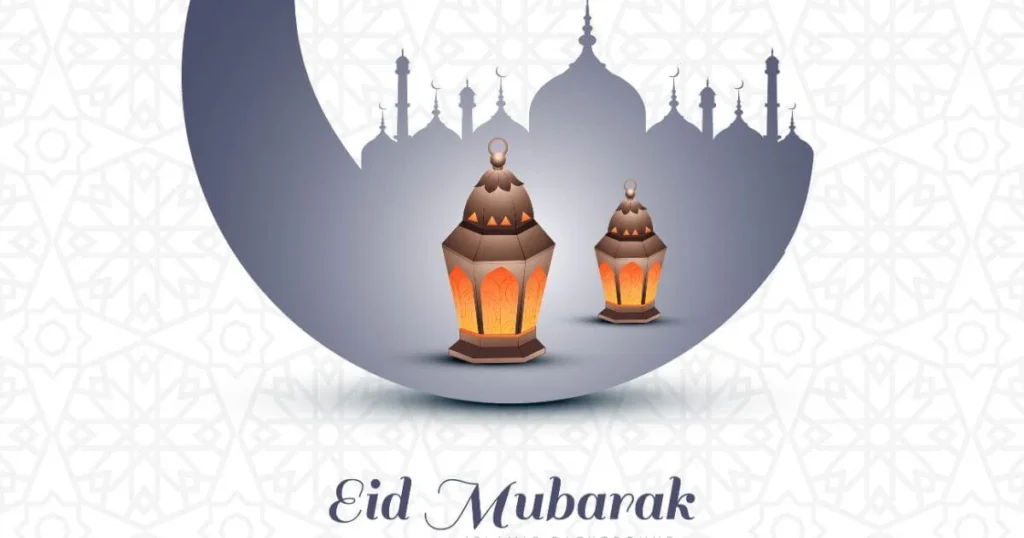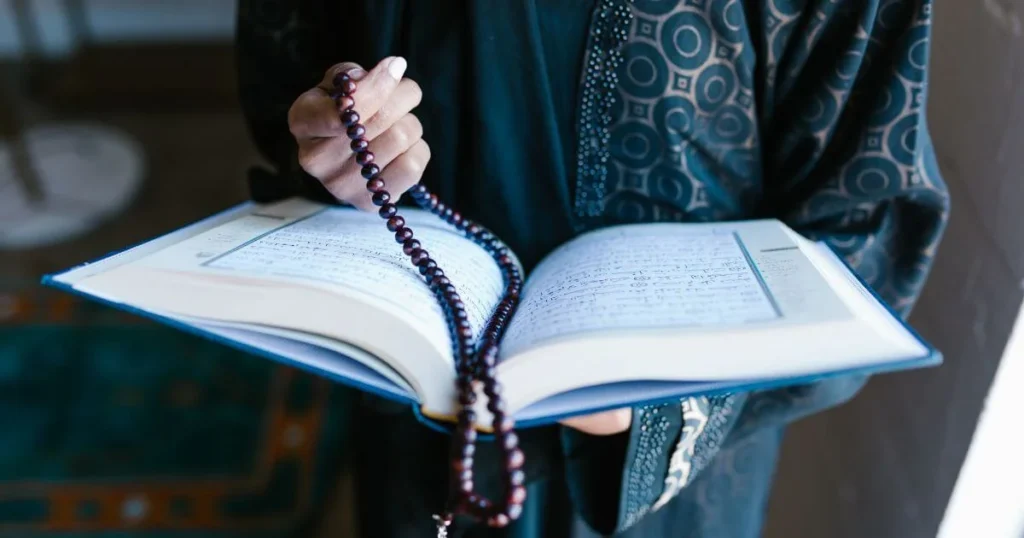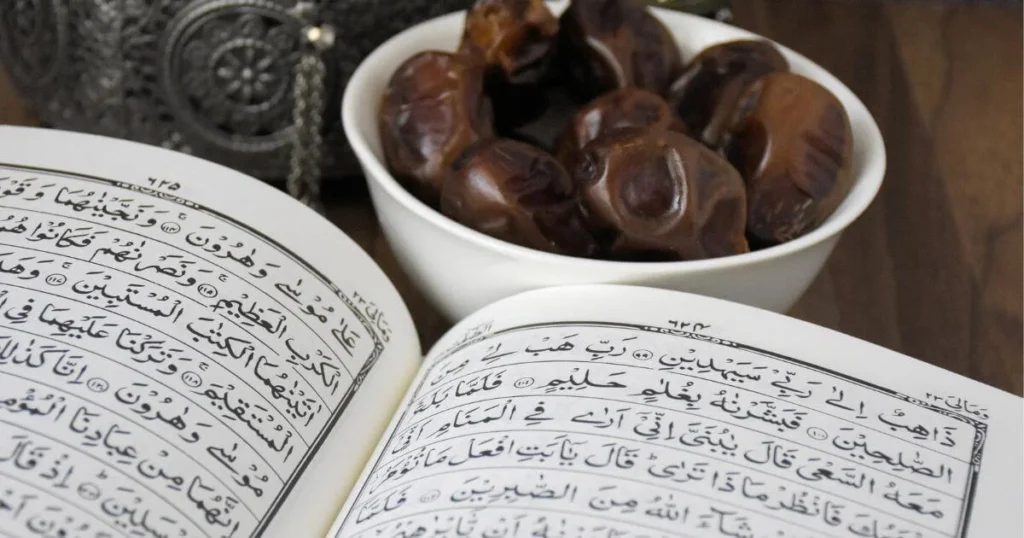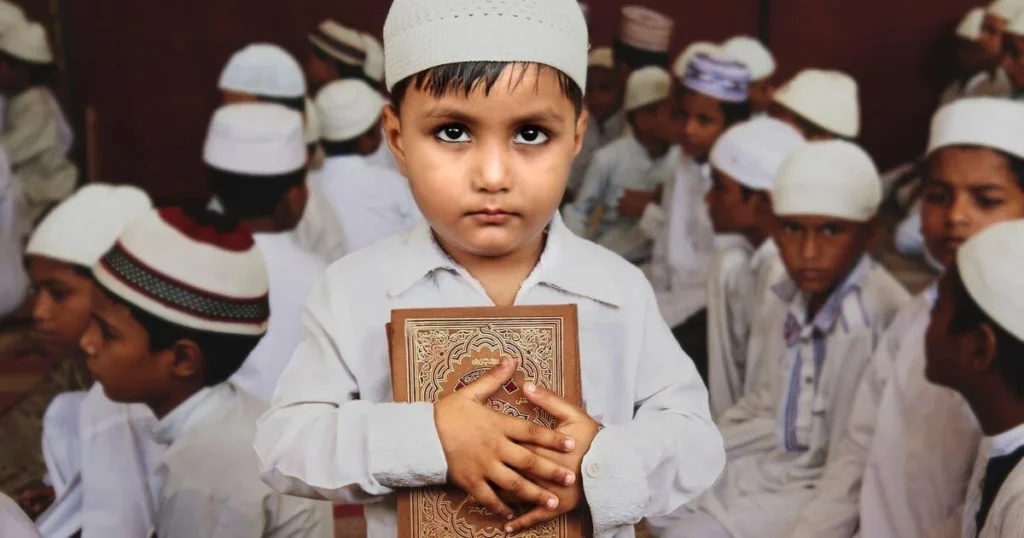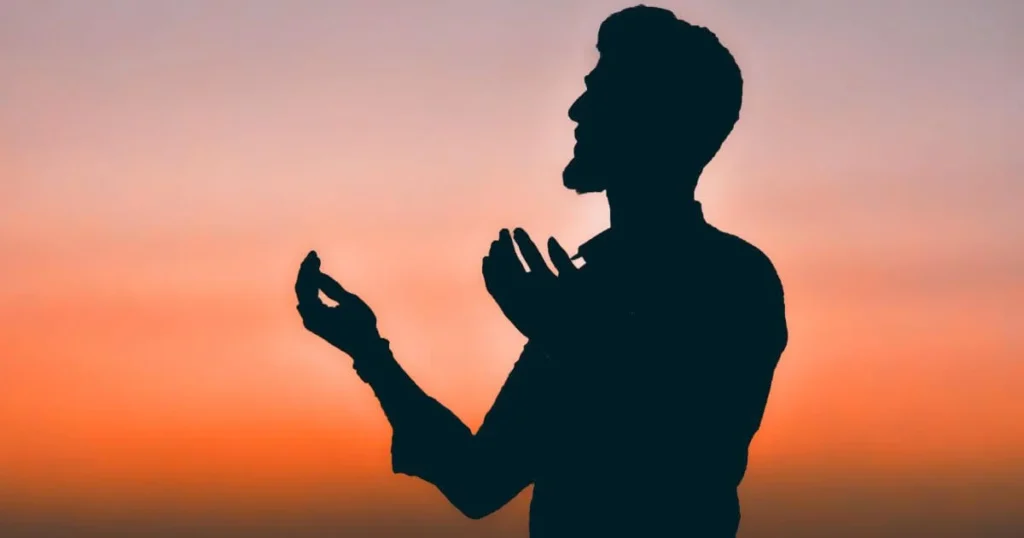Shab E Barat 2024

Shab e Barat 2024 A Night of Forgiveness and Reflection:
Shab e Baraat, also known as the Night of Forgiveness, is an auspicious and important night in the Islamic calendar; It is a time to think of Allah, pray and ask for forgiveness.
When is Shab e Barat 2024?
The Arabic phrase “Shab e Barat” translates to “Night of Records” or “Night of Assignment.” According to the Islamic lunar calendar, this night occurs on the fifteenth day of Sha’ban, the eighth month. It is said that on Shab e Barat, Allah decides each person’s fate for the upcoming year. It is a time when one brings their deeds before Allah and asks for pardon.
Significance of Shab e Barat 2024 USA
Muslims celebrate Shab e Barat with great significance for a number of reasons:
Forgiveness
Asking Allah for pardon is one of Shab e Barat main topics. Muslims believe that Allah’s forgiveness and mercy are abounding on this night. It is a chance to ask Allah for forgiveness and turn from one’s sins.
Destiny
It is thought that on Shab e Barat, Allah determines each person’s fate and destiny for the following year. This idea highlights the significance of praying, confessing one’s sins, and asking Allah for forgiveness.
Intercession
Muslims also hold that the Prophet Muhammad, Peace Be Upon Him, makes a plea to Allah on behalf of his people on this night, requesting their pardon and welfare.
Reflection
Shab e Barat is a night to reflect and evaluate oneself. It provides a time to reflect on one’s behaviour, seek forgiveness for mistakes, and set goals for personal progress.
Customs and Practices on Shab e Barat 2024 Dua
Prayers and Worship
Muslims do prolonged acts of worship on Shab e Barat, such as the unique nighttime prayers known as Salat al-Tasbih or Salat al-Shukr. The purpose of these prayers is to seek Allah’s forgiveness and blessings.
Recitation of the Quran
Many Muslims set aside time to read and reflect on Quranic passages, looking to them for guidance and spiritual support.
Charity and Acts of Kindness
During Shab e Barat, it is customary to donate to the less fortunate, perform charitable acts, and support those in need. In addition, a lot of people provide food and sweets to their communities and neighbors.
Visiting Graves
Some Muslims go to their loved ones’ graves to offer prayers for their spirits and ask Allah to have mercy on them.
Fasting
While it is not required, some Muslims fast on the 15th of Sha’ban, which includes Shab e Barat 2024 night, as a sign of adoration and to ask Allah to bless them.
Dua (Supplication)
Shab e Barat 2024 is a night of earnest and profound prayer. Muslims offer prayers for everyone, including themselves and their family. It’s an opportunity to open out to Allah and seek His protection and guidance.
Community Gatherings
Shab e Barat is a spiritually significant day, and many mosques and Islamic centers reinforce this by hosting special events and talks on the occasion.
When is Shab e Barat 2024 USA
Because the Islamic calendar is lunar, its dates change annually in accordance with the Gregorian calendar. To find out when Shab e Barat will be in 2024, we must consult an Islamic calendar or a reliable Islamic institution. I am unable to supply specific Islamic dates after September 2021, the date of my most recent knowledge upgrade. It is important to understand that the exact day may vary depending on local moon sighting practices in different areas. As a result, it is best to check with your local mosque or Islamic centre for the specific day of Shab e Barat in 2024.
Shab e Barat 2023
In Islam, Shab e Barat—also called the “Night of Decree” or the “Night of Forgiveness”—is a momentous occasion. According to the Islamic lunar calendar, it occurs on the fifteenth day of Sha’ban, which is the night when Allah determines each person’s fate for the future year. Muslims spend the night in prayer, appealing for protection and seeking forgiveness. Shab e Barat is expected to be celebrated in early April 2023, though the dates may fluctuate depending on local customs and moon sightings.
Conclusion
For Muslims around the world, Shab e Barat 2024 is a night of great spiritual significance. It’s a moment to reflect, pray, and ask Allah for blessings and forgiveness. Shab e Barat in 2024 may fall on a different day, but the spirit of the event a night for introspection, confession, and fortifying one’s faith and relationship with Allah will always be present. Shab e Barat 2024 offers hope and rejuvenation for the upcoming year by serving as a reminder of Allah’s unending compassion and forgiveness when Muslims unite in devotion and ask for His mercy.
FAQS:
Islamic tradition celebrates Shab e Barat, also called the Night of Forgiveness, on the fifteenth day of Sha’ban. It’s a night of prayer, dedication, and asking for pardon for transgressions.
In 2023, Shab e Barat takes place on April 9–10, evening.
On Shab e Barat, some Muslims fast as a form of prayer and supplication for blessings and forgiveness.
Muslims conduct special prayers, ask for forgiveness, and pay tribute to loved ones who have passed away on Shab e Barat. This is a night of introspection and rebirth.
“I ask Allah, the Mighty, the Lord of the Mighty Throne, to cure you.”
Share on >>


